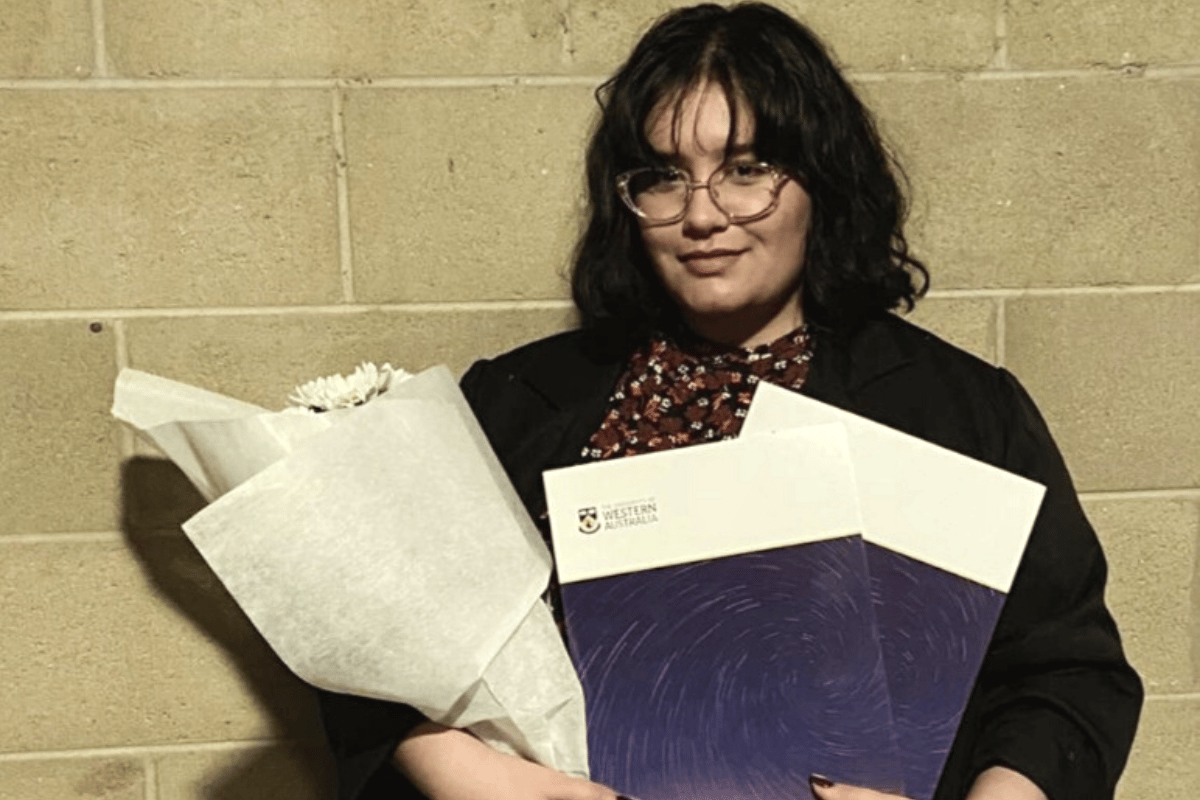
Content warning: This story includes descriptions of sexual assault that may be distressing to some readers.
When Abigail Gregorio first realised that her home state is the only jurisdiction in Australia that doesn't acknowledge how intoxication affects the ability of a person to consent to sexual acts, she was left horrified. And rightly so.
Western Australia's consent laws aren't matching up to the rest of Australia, and there's a serious problem with that.
When looking at the elements of the laws surrounding sexual assault in each jurisdiction, there is a tab that notes circumstances that affect consciousness.
Across Tasmania, ACT, New South Wales, the Top End, Queensland, South Australia and Victoria, it is noted that alcohol and drugs impair one's ability to give affirmative consent. Straight forward, right?
When you look at Western Australia's tab for this category though, it is completely blank.
It's this clause that broke Abigail's heart. She says this legislation has left her feeling invalidated as a victim-survivor.
Watch: Sexual consent - the basics. Post continues below.
